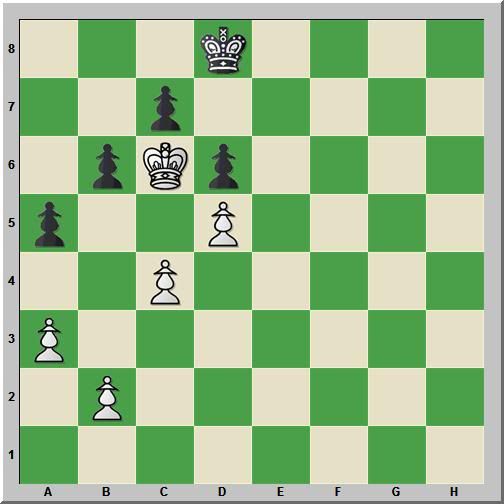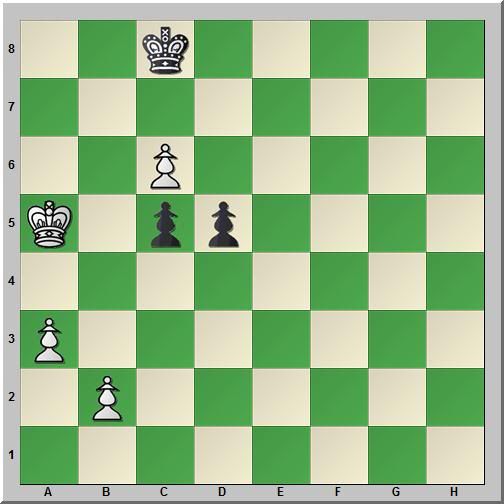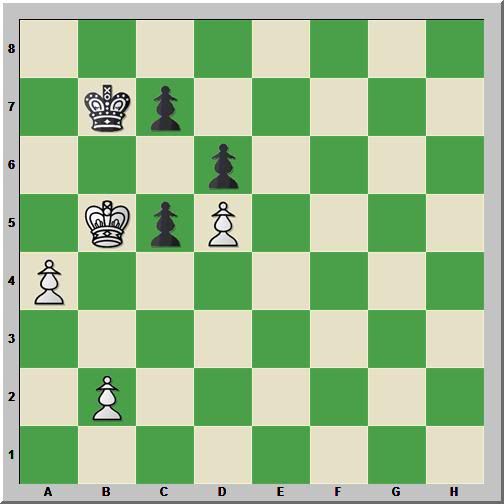I study the diagram in a book, and when I believe that I have the correct ideas worked out, I set up the position and play against an engine.
White to move

The theme offers a clue, and so 1.c5.
Houdini 1.5 replied 1...bxc5. 1...dxc5 is obviously no good in the light of 2.d6 cxd6 3.Kxd6+-. (Correction noted: see comments below.)
2.Kb5 Kc8! 3.Kxa5 c6 4.dxc6 d5!!
White to move

White cannot win from here. After perhaps half an hour or trying different lines, including some that lose for White, I checked the answer in the back of Polgar's book. He gives 2...Kd7 for Black. My engines--Houdini 1.5, Hiarcs 12, Rybka 4--concur that White is winning after 2...Kd7. They all find 2...Kc8 to equalize, however.
The key variation given in the solution is instructive:
2...Kd7 3.a4! Kc8 (if 3...c6+ 4.dxc6+ Kc7 5.b3! losing a tempo) 4.Kxa5 Kb7 5.Kb5 and the solution carried it out to move 13, but the plan is simple. The a-pawn will advance to deflect the Black king from defense of c7. Once that pawn falls, the White king mops up the entire Black army.
Black to move

Here 5...c6+ fails. 6.dxc6+ Kc7 7.a5 c4 8.Kxc4 Kxc6 9.b4+-.
In the original problem, Black can play the game of tempos too. That strikes me as the beauty of 2...Kc8! Instead of the logical seizure of the opposition with 2...Kd7, Black makes a move that leaves both Kb7 and Kd7 as possibilities. If White tries 3.Kc6, Black has adequate space for maneuver to keep the rearward c-pawn secure.
I ran Rybka in Monte Carlo mode for four hours. Then, I ran infinite analysis for another four. This morning, I let Hiarcs 12 work for nearly two hours. I am convinced that there is no win here.
Books usually have errors. This one frustrated me yesterday. Even so, failure is instructive.











Are you certain that White is winning after 1...dxc5 2.d6 cxd6 3.Kxd6 ?
ReplyDeleteThis line is also instructive.
Mark, Thanks. I might have explored that line more closely. It appears the analysis in the back of Polgar's book has another drawing line.
ReplyDelete